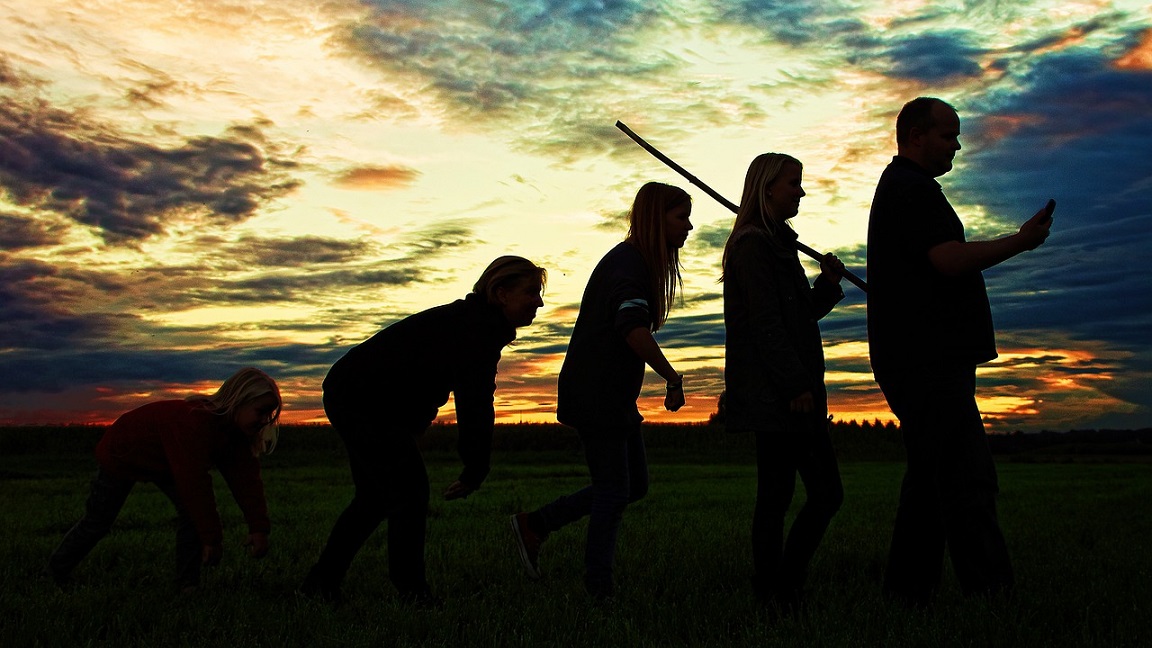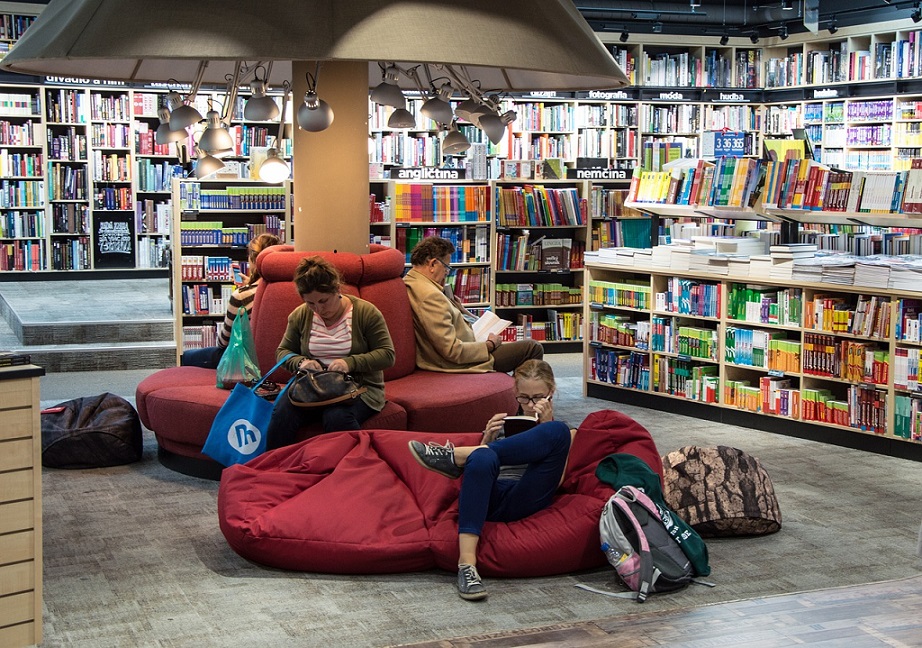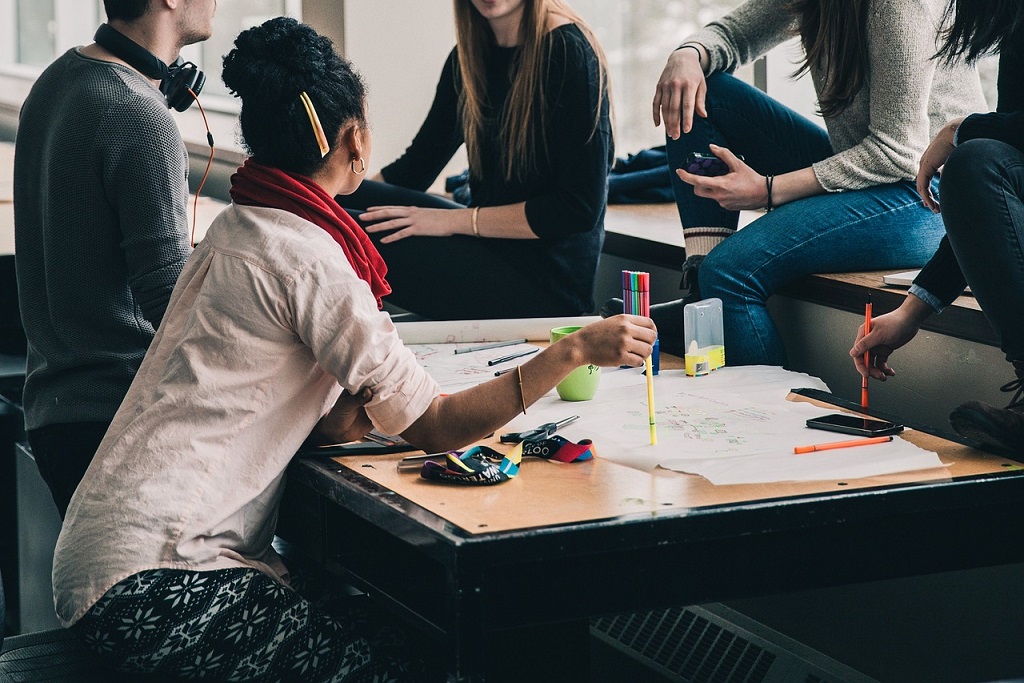Is it enough to read a left leaning newspaper? This can be refreshing compared to the mainstream media, because it means having access to some critical thinking in relation to the government‘s role in addressing social issues.
 Mabel Encinas
Mabel Encinas
However, reading a newspaper is not enough to change the world.
As Paulo Freire stated in relation to literacy, reading is actually reading the world.
Access to a wider view of the news, requires being in contact with social media, not only for the immediacy with which the news come through, but also due to the fact that we all can publish and distribute both whatever is going on as it happens, and our critical views. Reading the world is not a passive act. In previous columns, I have stressed the need to engage in the communities of which we are a part, establishing dialogues and creating common experiences.
Working together, doing together, involves individual and social learning.
In the current political landscape in the UK, we (this multicultural people) are facing an increasing number of right-wing policies that aim to dismantle the infrastructure that has taken years and lots of work to be negociated and built.
 At the moment, health and social care, education, housing and initiatives to beat poverty, among other social issues, are at risk.
At the moment, health and social care, education, housing and initiatives to beat poverty, among other social issues, are at risk.
We can make a difference taking action. We need to search and participate in groups that think like ‘us’.
The world has not changed only by discussions that take place behind a cup of coffee or a pint in the pub.
Discussions feed our reflections, but we need to get to work, and work together.
To participate involves attending to community meetings or to assemblies of groups that have some affinity and engage in similar struggles to ours.
Working with groups involves learning, and learning is not always easy-peasy.
If we are members of one or some groups, issues always emerge. One day in which I complained about the fact that we, Latin Americans, engage in futile arguments among ourselves (so groups dismember and new ones are created), an English friend of mine made the point that this does not only happen to Latin Americans.
 If we are part of a group, we need to learn to work together.
If we are part of a group, we need to learn to work together.
However, we have an additional challenge: we need to create coalitions and work with groups that do not seem to be ‘like us’, but who also question the government’s movement to the right.
The little village in which everybody do the same, eat the same, look the same and think and believe the same things, is an endangered species.
We live in quite the opposite world context: multicultural vibrant societies in which we acknowledge our differences and we need to live with them.
As three decades ago Bernice Johnson Reagon underlined, coalition work is hard work and if it is not ’you’re not really doing no coalescing’.
Again, working together, doing together, involves learning indeed.
We need to work together despite our differences in terms of gender, race, social class, sexuality, dis/able-body, age and nationality, to name only some of them.
 We need to work together, from the grassroots, to challenge policies that affect all of us in one way or another.
We need to work together, from the grassroots, to challenge policies that affect all of us in one way or another.
The liberation of a group is only achieved by achieving the liberation of all.
We need to be active. At any level of participation in which we are, doing is how our reading of the world can certainly widen. (The Prisma’ memoirs. 2015)
(Photos: Pixabay)












.jpg)












